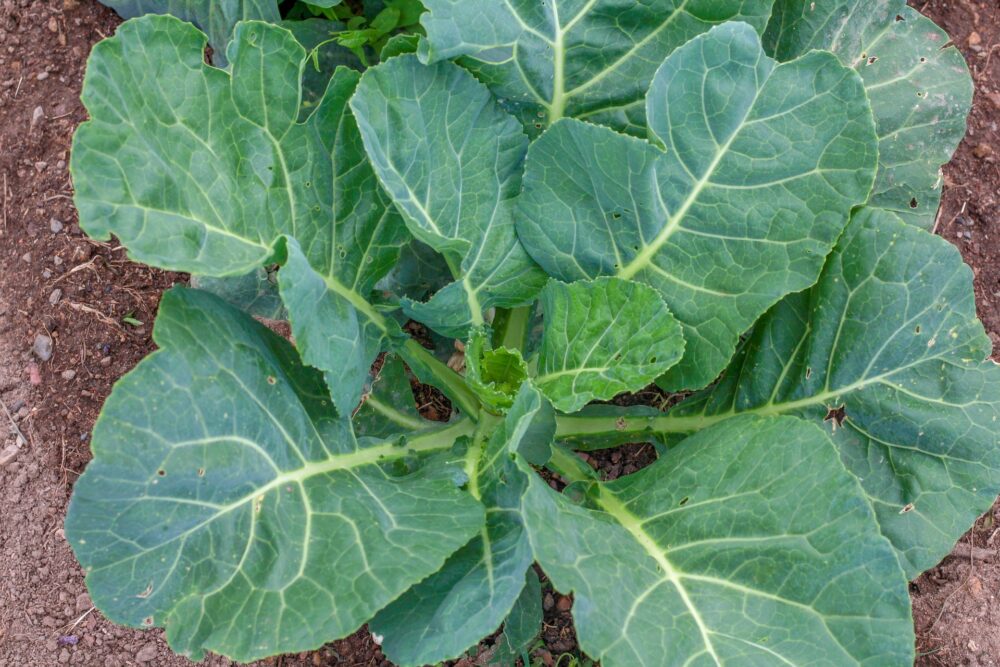Collard Green (Seemai Parattai Keerai)
₹120.00 Original price was: ₹120.00.₹100.00Current price is: ₹100.00.
Quantity: 80 seeds+ / 2 grams
(சீமை பரட்டைக்கீரை) முட்டைக்கோஸ் குடும்பம்
Collard greens hold cultural significance, particularly in Southern American cuisine. They are a staple in soul food and are often associated with traditions and celebrations, such as New Year’s Day, where they symbolize wealth and prosperity.
Collard greens are a versatile, nutritious, and culturally significant vegetable that can be enjoyed in a variety of culinary applications while providing numerous health benefits.
Collard greens, often simply referred to as “collards,” are a type of leafy green vegetable that belongs to the Brassica family, which also includes broccoli, kale, and cabbage. They are highly nutritious and are commonly used in various cuisines around the world, particularly in Southern American cooking.
Characteristics of Collard Greens
- Appearance: Collard greens have large, dark green leaves with a slightly waxy texture. The leaves are broad and flat with prominent veins.
- Flavor: They have a mild, slightly bitter taste that becomes sweeter after cooking, especially when exposed to frost.
- Growth Habit: Collard greens grow in a rosette form with leaves that can reach up to 2 feet in length. They are typically biennial but are grown as annuals in most gardens.
Nutritional Benefits
Collard greens are a nutritional powerhouse, providing numerous health benefits:
- Vitamins: High in vitamins A, C, and K.
- Minerals: Rich in calcium, iron, magnesium, and potassium.
- Fiber: Good source of dietary fiber, which aids in digestion.
- Antioxidants: Contain antioxidants like beta-carotene, which help protect the body against free radicals.
Culinary Uses
Collard greens are versatile in the kitchen and can be prepared in various ways:
- Traditional Southern Dishes: Often cooked with ham hocks or bacon, and slow-simmered to create a rich, flavorful dish.
- Sautéed: Quickly cooked with garlic, onions, and olive oil.
- Steamed or Boiled: Lightly steamed or boiled to preserve their nutrients.
- Soups and Stews: Added to soups and stews for extra nutrition and flavor.
- Salads: Young, tender leaves can be used raw in salads.
- Wraps: Large leaves can be used as a healthy alternative to tortillas for wraps.
Growing Collard Greens
Collard greens are relatively easy to grow and are quite hardy:
- Soil: Prefer well-drained, fertile soil with a pH between 6.5 and 6.8.
- Sunlight: Thrive in full sun but can tolerate partial shade.
- Watering: Require consistent moisture, especially during dry spells.
- Planting: Can be direct-seeded or transplanted; planting can occur in early spring or late summer for a fall harvest.
- Frost Tolerance: Collard greens are frost-tolerant and their flavor improves after exposure to light frosts.
Harvesting
- Timing: Harvest leaves when they reach a desirable size, typically 6-8 inches long. Start from the bottom of the plant and work upwards.
- Continuous Harvest: By harvesting the outer leaves, the plant can continue to produce new growth, allowing for multiple harvests over the growing season.
Cultural Significance
Collard greens hold cultural significance, particularly in Southern American cuisine. They are a staple in soul food and are often associated with traditions and celebrations, such as New Year’s Day, where they symbolize wealth and prosperity.
Collard greens are a versatile, nutritious, and culturally significant vegetable that can be enjoyed in a variety of culinary applications while providing numerous health benefits.
| Weight | 15 g |
|---|
Related products
Black Beauty Brinjal
₹120.00Original price was: ₹120.00.₹100.00Current price is: ₹100.00. -17%Dragon Tongue Beans
₹120.00Original price was: ₹120.00.₹100.00Current price is: ₹100.00. -17%Okra Seven Lines Seeds
₹150.00Original price was: ₹150.00.₹99.00Current price is: ₹99.00. -34%Ash Gourd Big(OP)
₹60.00Original price was: ₹60.00.₹50.00Current price is: ₹50.00. -17%







Reviews
There are no reviews yet.